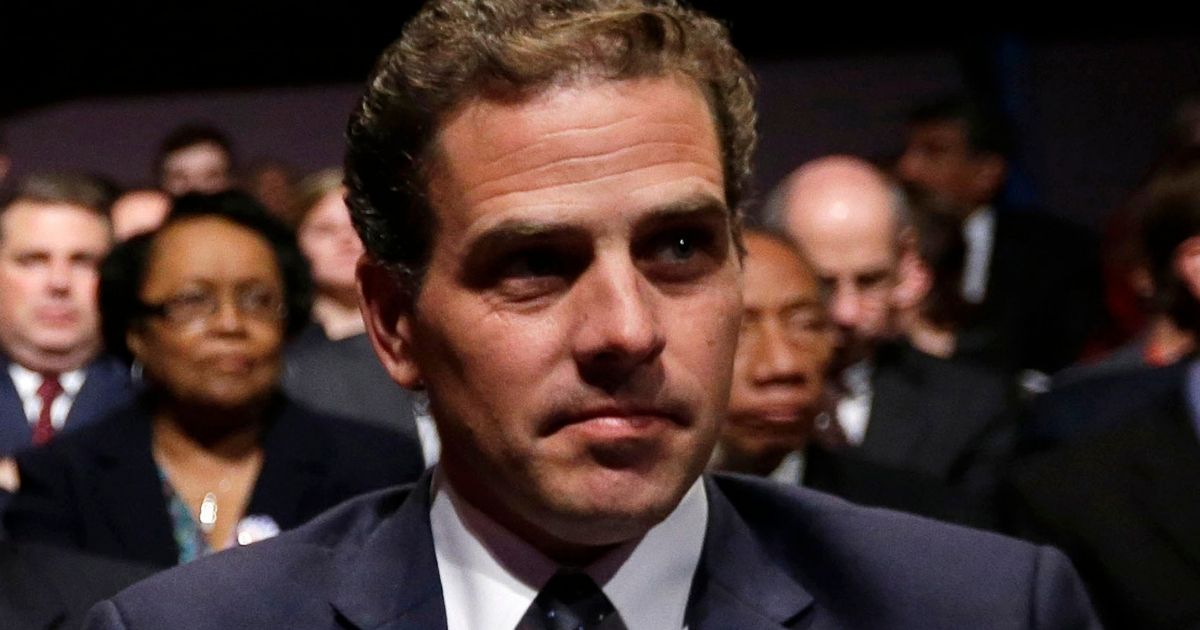Wow, what a difference a day makes:
Following massive backlash to their hamhanded censorship and facing a Congressional subpoena, Twitter is making major changes to “hacked material” policies. https://t.co/4jx2xzaPWz
— Ben Domenech (@bdomenech) October 16, 2020
Twitter’s legal department seems to have been hard at work during the latter part of this week:
Latest updates on our approach to hacked materials https://t.co/jXK2JQI8NU
— Twitter Safety (@TwitterSafety) October 16, 2020
Over the last 24 hours, we’ve received significant feedback (from critical to supportive) about how we enforced our Hacked Materials Policy yesterday. After reflecting on this feedback, we have decided to make changes to the policy and how we enforce it.
— Vijaya Gadde (@vijaya) October 16, 2020
Maybe Twitter’s CEO can explain the changes in policy to the Senate Judiciary Committee at a future date:
Why the changes? We want to address the concerns that there could be many unintended consequences to journalists, whistleblowers and others in ways that are contrary to Twitter’s purpose of serving the public conversation.
— Vijaya Gadde (@vijaya) October 16, 2020
We put the Hacked Materials Policy in place back in 2018 to discourage and mitigate harms associated with hacks and unauthorized exposure of private information. We tried to find the right balance between people’s privacy and the right of free expression, but we can do better.
— Vijaya Gadde (@vijaya) October 16, 2020
We’ve recently added new product capabilities, such as labels to provide people with additional context. We are no longer limited to Tweet removal as an enforcement action.
— Vijaya Gadde (@vijaya) October 16, 2020
We believe that labeling Tweets and empowering people to assess content for themselves better serves the public interest and public conversation. The Hacked Material Policy is being updated to reflect these new enforcement capabilities.
— Vijaya Gadde (@vijaya) October 16, 2020
So, what’s changing?
1. We will no longer remove hacked content unless it is directly shared by hackers or those acting in concert with them
2. We will label Tweets to provide context instead of blocking links from being shared on Twitter
— Vijaya Gadde (@vijaya) October 16, 2020
All the other Twitter Rules will still apply to the posting of or linking to hacked materials, such as our rules against posting private information, synthetic and manipulated media, and non-consensual nudity.
— Vijaya Gadde (@vijaya) October 16, 2020
I’m grateful for everyone who has provided feedback and insights over the past day. Content moderation is incredibly difficult, especially in the critical context of an election. We are trying to act responsibly & quickly to prevent harms, but we’re still learning along the way.
— Vijaya Gadde (@vijaya) October 16, 2020
We will continue to keep you all updated on our progress and more details as we update our policy pages to reflect these changes in the coming days.
— Vijaya Gadde (@vijaya) October 16, 2020
Questions and concerns remain:
There is no evidence as of today that the Hunter Biden emails were the result of a hack.
The New York Post does not say the emails were the result of a hack.
The Biden campaign is not alleging the emails were the result of a hack. https://t.co/zNpCy59xtI
— Andrew Clark 🎃 (@AndrewHClark) October 16, 2020
This is all garbage, and avoids the main problems:
The arbitrary, opaque, and seemingly one-sided enforcement of these policies.
Until those issues are sufficiently addressed, this kind of unacceptable and dangerous crap will continue to happen. https://t.co/CZxK7uELpE
— Heimish Conservative (@HeimishCon) October 16, 2020
Just plain old political censorship disguised in new clothing.
— Ataguba Aboje (@attaguba) October 16, 2020
Private company gets feedback from consumer and changes things without government regulation
Who would’ve thought https://t.co/abLAliqSB6
— Ben McDonald (@Bmac0507) October 16, 2020


